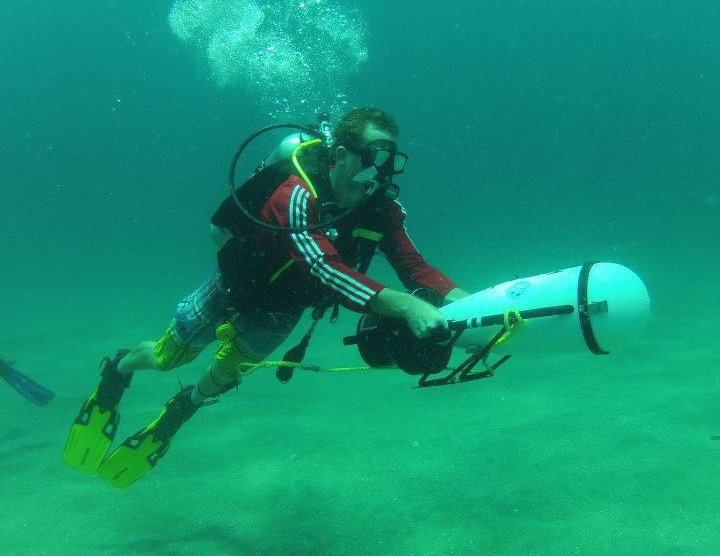Document Type
Article
Publication Title
PLoS ONE
Abstract
The potential to adapt to a changing climate depends in part upon the standing genetic variation present in wild populations. In corals, the dispersive larval phase is particularly vulnerable to the effects of environmental stress. Larval survival and response to stress during dispersal and settlement will play a key role in the persistence of coral populations. Methodology/Principal Findings: To test the hypothesis that larval transcription profiles reflect location-specific responses to thermal stress, symbiont-free gametes from three to four colonies of the scleractinian coral Montastraea faveolata were collected from Florida and Mexico, fertilized, and raised under mean and elevated (up 1 to 2°C above summer mean) temperatures. These locations have been shown to exchange larvae frequently enough to prevent significant differentiation of neutral loci. Differences among 1,310 unigenes were simultaneously characterized using custom cDNA microarrays, allowing investigation of gene expression patterns among larvae generated from wild populations under stress. Results show both conserved and location-specific variation in key processes including apoptosis, cell structuring, adhesion and development, energy and protein metabolism, and response to stress, in embryos of a reef-building coral. Conclusions/Significance: These results provide first insights into location-specific variation in gene expression in the face of gene flow, and support the hypothesis that coral host genomes may house adaptive potential needed to deal with changing environmental conditions.
DOI
10.1371/journal.pone.0011221
Publication Date
6-23-2010
Recommended Citation
Polato, N. R., Voolstra, C. R., Schnetzer, J., DeSalvo, M. K., Randall, C. J., Szmant, A. M., . . . Baums, I. B. (2010). Location-specific responses to thermal stress in larvae of the reef-building coral montastraea faveolata. PLoS ONE, 5(6).


